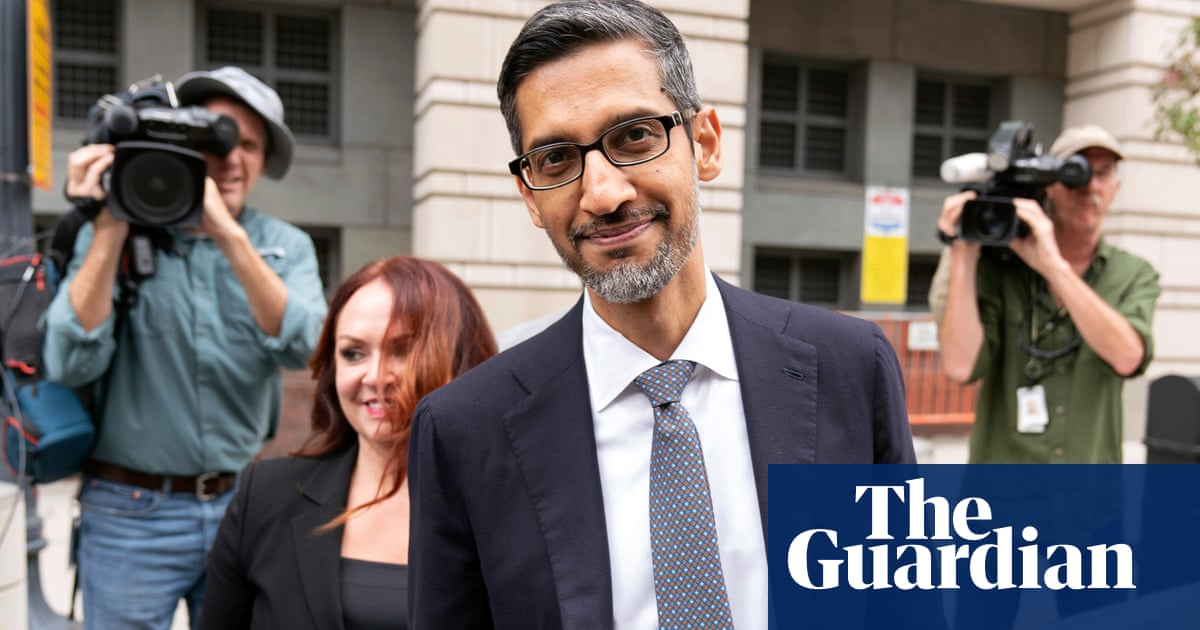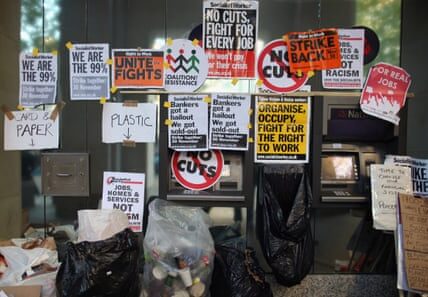Sundar Pichai refutes allegations that Google restricts competition during the Epic antitrust trial.

On Tuesday, Sundar Pichai, the CEO of Google, appeared in court as a witness in the antitrust case between his company and Epic Games, the creators of Fortnite. Epic Games has accused Google of engaging in monopolistic behavior and abusing its power through its app store. If the trial is successful, it could result in changes to Google’s business and distribution practices for its Google Play store, which currently dominates app downloads for Android devices.
When Google’s lawyer asked if Google purposely suppresses competition, as Epic has claimed, Pichai responded that it does not.
Pichai stated that our goal is to offer information to all and ensure its availability and usefulness. He also noted that Android, with a user base of two and a half billion, is a unique and groundbreaking open operating system.
He discussed the process of “sideloading” apps, which refers to downloading an app from a source other than the official Google Play store. He also addressed the fees associated with using the Play store.
During the trial, Epic’s lawyer questioned Pichai about Google’s practice of not storing chat conversations, which has been a source of disagreement. Pichai stated that he personally adheres to the guidelines of keeping emails, files, and chat records.
Judge James Donato inquired about Google’s protocol for employees to select which conversations should be saved as evidence using settings that store chat histories. Pichai confirmed this was the case. Donato expressed dissatisfaction with the technology company after Epic provided evidence that Google employees deleted chats either unintentionally or intentionally despite Epic’s request to preserve records. The judge has required Google’s chief legal officer to appear in court on Thursday and clarify the company’s policies, as reported by the Verge.
Pichai verified that Google gives Apple a 36% cut of its revenue to continue as Safari’s primary search engine. This amounts to an annual payment of $18 billion to $20 billion. The day before, a leading economist for Alphabet disclosed this information while testifying, despite Google’s attempts to keep it private.
Epic has accused Google of engaging in monopolistic practices in the market for Android app distribution, claiming that it restricts consumer choice, charges excessive fees to developers, and blocks competitors from creating their own app stores. Google has refuted these allegations and argues that its control over Android downloads is a result of its effective business strategies and competition with Apple’s app store. Additionally, Google has filed a counterclaim against Epic for violating their contract.
Ignore the newsletter advertisement.
after newsletter promotion
The current case against Google in a San Francisco federal court is another notable legal dispute for the company, as it confronts challenges to its established business practices and dominant position in the market. Google is also currently defending itself in a separate antitrust trial initiated by the justice department, which claims that the company has unlawfully created a monopoly in internet search and web advertising. During this trial, government prosecutors questioned CEO Sundar Pichai in late October, prompting him to defend Google’s lucrative partnerships with companies like Apple, which enable it to be the default search engine on devices.
According to Epic’s attorneys, the Play store operated by Google has been designed in a way that forces developers to either pay Google a percentage of their subscription-based app purchases (15% for Android and 30% for those making over $1 million annually) or risk being excluded from the market. In court, the lawyers for Epic also argued that Google has made exclusive deals with certain companies, like Spotify, in order to maintain their business, but never with Epic. Additionally, Epic’s lawsuit claims that Google has made agreements with developers, like Activision, to prevent them from creating their own app stores, further limiting competition.
During the first week of the trial, Epic’s legal team suggested that Google intentionally tried to hide their business practices and cover up potential evidence by deleting internal chat logs. In one piece of evidence presented during the case, it appeared that Pichai had requested to turn off chat history settings for a group within the company. Earlier this year, Donato ruled that Google should face consequences for failing to preserve evidence as required by a litigation hold. Additionally, Epic’s lawyers have shared statements from Google executive James Kolotouros, who oversees partnerships with Android device makers, expressing frustration and questioning the company’s actions in a notepad file, including one statement that asked, “Why am I defending these people?”
According to the Verge, Kolotouros’s document revealed a lack of honesty among the leaders at Android, who were known to lie and betray their colleagues.
In 2020, Epic initially filed a lawsuit against Google and Apple for removing Fortnite from their app stores. This was a result of a disagreement that started when Epic introduced a new payment system in Fortnite to avoid paying commission fees to the app stores. In 2021, Epic also sued Apple, claiming that their app store violated antitrust laws. However, the court largely favored Apple and found no evidence of an unfair monopoly. The court did determine that Apple had violated a law against unfair competition in California. Unlike the trial with Google, the case against Apple did not have a jury and the decision was made by a judge. Both companies have requested that the supreme court review the case.
Epic has chosen not to pursue financial compensation in its lawsuit against Google, with a decision expected to be made sometime next year. Tim Sweeney, the CEO of Epic, is scheduled to give testimony in the upcoming weeks.
Both Google and Epic declined to provide an official statement for this article.
Source: theguardian.com


